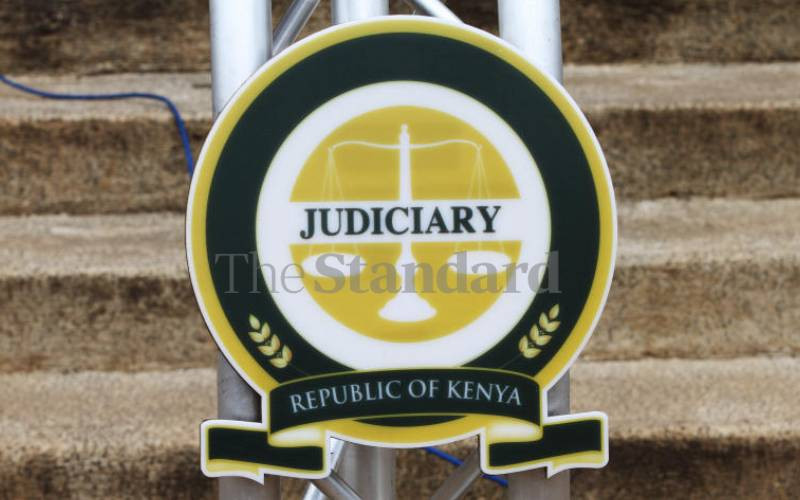×
The Standard e-Paper
Home To Bold Columnists

An appellate court decision that results at polling stations are final will again dictate the outcome of the ruling on eight petitions filed to declare the 2022 presidential polls null and void.
The Maina Kiai decision in the electoral process, which sets out the guidelines for the tallying and declaration of presidential results in the country, will dictate if President-elect William Ruto will be sworn in as the fifth president of the Republic of Kenya or Kenyans will vote in another presidential election rerun.